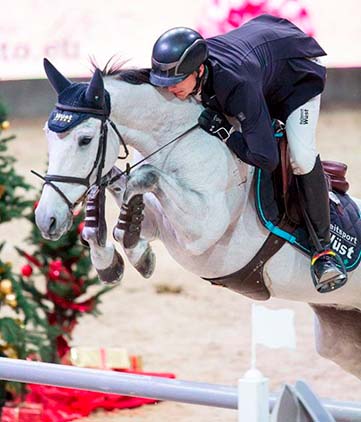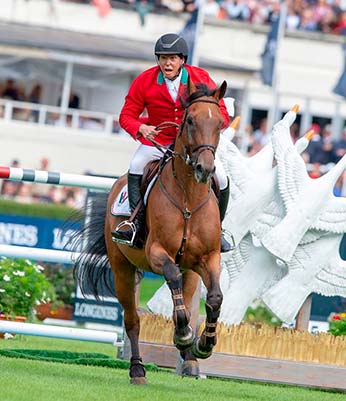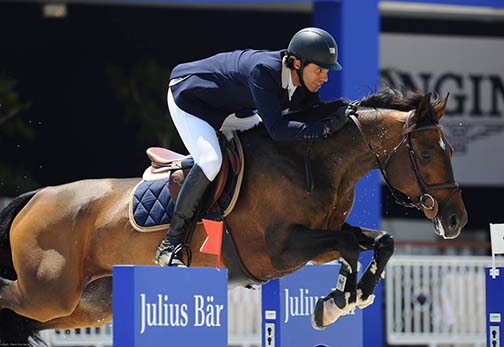By Roberta Milano / Translated by Luiz Rocco
Photography: ABCCH
Responsible for generating R$16.15 billion/year and supporting 3.6 million jobs, the horse market for Brazilian agribusiness sees equestrian sports as one of its differentiated activities. Diverse and structured, with 5.3 million head of livestock, and occupying fourth place in the world ranking according to squad size, Brazil’s horse industry is constantly evolving.
Diversified and organized, with 5.3 million head of livestock and occupying the fourth place in the world ranking in squad size, the horse industry in Brazil has been constantly evolving.
In terms of breeding, 35 national and imported breeds are officially recognized in Brazil, including horses and ponies, 17 of which have their own associations, as in the case of ABCCH (Brazilian Sport Horse Association), responsible for the Brazilian Sport Horse studbook and Friesian studbook.
The horses of national breeding, the BHs, which today are seen not only in Brazil, but in arenas around the world, whether in the United States or Europe, have excellent jumping mechanics, courage, intelligence, elegance in movements, and their characteristics make them fit for any type of jumping, dressage, or eventing competition. The traditional breed whose formation began in the 1970s, has evolved in past decades, achieving a production of high-performance horses that are already present in international competitions, including the Olympics, Pan-American, World Equestrian Games, etc.

Silvestre) with Felix Hassmann (GER)

The Brazilian Sport Horse Association, an entity based in São Paulo, within Parque Fernando Costa, better known as Parque da Agua Branca, collaborates with the positive statistics of equine culture, in which it numbes more than 30,000 horses horses registered in its studbook, with an average of 800 to 1,000 new foals per year.
The purchase and sale of pure-bred horses has been going on for a long time, but the expansion of the market has helped to better struc-ture the trade. This is also the reason for the increasing number of auc-tions in dif-ferent cities in the country with the ‘show-case’ being chosen by each breeder. We can also affirm that with the study and improvement of genetics, breeders select and produce new horses due to the genetic load, betting high on success either because of the potential to be reached or in the possibilities of trade.
Several surveys point to Brazil as the largest equine embryo producer in the world, with a share of over 40% in this market, ahead of other powers in this practice, such as Argentina and the United States.
Over the years, breeders of the BH horses have understood that adding quality is the main goal of selection in Brazil. Therefore, the squad grows in a structured and controlled manner. In other words, we can affirm that the improvement of the standard of BH products concentrated in the detailed study of crossings and in the performance of the motherline, has allowed Brazilian to extend beyond its national borders, importing and exporting excellent horses either for sport or for reproduction.
Another advantage of investors is the local currency, in this case the Real, in relation to the breed's international demand. And so, BH proves in numbers that it has a lot of liquidity and that it is a good investment to be acquired by owners and traders from all over the world. n
(Photos show BH horses competing with foreign riders.)





